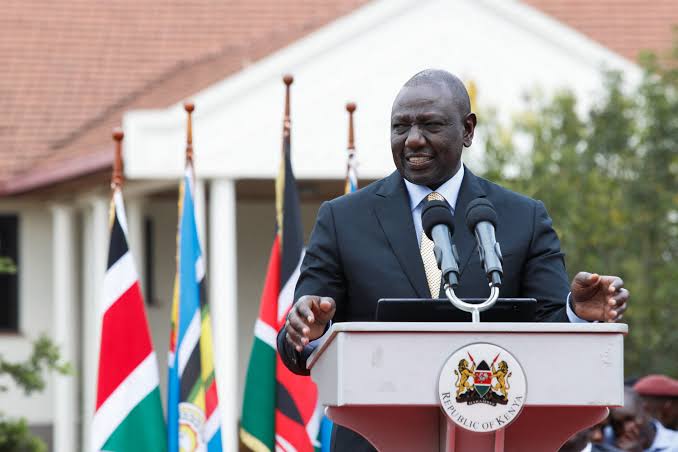Kenyan President William Ruto dismissed nearly all his Cabinet ministers on Thursday, pledging to establish a lean and efficient government after weeks of protests over high taxes and poor governance.
In a televised address, Ruto also announced the dismissal of the attorney general, stating that ministries will now be managed by their permanent secretaries. He said the decision came after listening to public grievances and that a broad-based government would be formed after consultations.
The country has experienced three weeks of unrest, with protesters storming parliament on June 25 after the passage of a finance bill proposing tax increases. More than 30 people have died in the protests, which have escalated into demands for the president’s resignation.
Ruto retained Musalia Mudavadi, the prime Cabinet secretary and a key political ally. He said the dismissals followed “a holistic appraisal of the performance” of the Cabinet, aiming to accelerate the implementation of urgent programs to address debt, increase domestic resources, expand job opportunities, eliminate wastage, and combat corruption.
Critics accused Ruto of appointing political allies instead of technocrats to his 21-member Cabinet formed after his 2022 election. Several ministers resigned from elected positions for ministerial appointments, while others who lost the election were seen as being rewarded with political roles. Corruption scandals have plagued several ministries, including agriculture and health.
Protesters have accused the Cabinet of incompetence and arrogance amid high taxes and a cost-of-living crisis. Despite Ruto’s assurance that he would not sign the finance bill proposing higher taxes, demonstrators have called for his resignation.
On Friday, Ruto apologized for the “arrogance and show of opulence” by legislators and ministers, taking responsibility and pledging to address the issue. He also announced austerity measures, including dissolving 47 state corporations with overlapping functions to save money and withdrawing funding for the First Lady’s office.
Analyst Herman Manyora described the Cabinet dismissal as a “bold move” necessary to quell public discontent. This marks the first time a sitting president has dismissed Cabinet ministers under the new constitution, with the last similar move occurring in 2005 when then-President Mwai Kibaki dismissed his ministers following a failed referendum.

